ONE OF THE main lessons to be learned from our studies of the home-court/field effect is that an athlete’s (or coach’s) own “cognitive appraisal” of a situation, event or incident is the key factor in determining whether he or she will learn to succeed or fail.
If an athlete thinks that winning on the road is hard – it will be. If she thinks it’s just a greater challenge and that she will find a way to get the job done – chances are good that she will.
This notion of “cognitive appraisal” is very important because one of the greatest performance-killers is “evaluation apprehension”, the athlete’s anxiety or fear about how he will be judged by the audience, his coach and other players. One of the reasons champion teams like the Chicago Bulls compete effectively on the road is that their attitude is one of “we’re the NBA champs, we’re pretty good and these people are here to enjoy our performance.” Teams that perform well on the road throughout history have had this attitude.
Another major performance-killer is “dysfunctional aggressiveness.” Our research shows that visiting teams (when they perform poorly) have a higher percentage of dysfunctionally aggressive behaviors (technical fouls, dumb fouls, loss of self-control). These behaviors are caused by a bad attitude.
When good teams get frustrated they definitely increase their arousal level, but they do it in productive ways. Contrast the Bulls-Rockets’ recent home-and-home series. In Chicago the Rockets had three technical fouls, one ejection, multiple displays of childish and dysfunctionally aggressive behaviors and 20 turnovers. This same Rockets team elevated its game in Houston and dominated the best team in basketball. The difference: a good attitude instead of a bade one. In once case they have unfocused arousal, dysfunctional aggressiveness and emotional immaturity (“we’re getting a bad deal here..”). In the other case, they pull themselves together, work just as hard but in a focused way. One attitude is mentally tough (“I can handle this Michael Jordan character… this crowd is in for a real show tonight…”) and one is a give-up, childish way of dealing with adversity by not learning to take control over yourself – the only person you can control anyway?
Another major psychological consideration is team cohesiveness. Team cohesiveness is not necessarily the degree to which team members like each other and socialize together off the court. Team cohesiveness is the degree to which each player is committed to excellence in his or her role, meshing of talents and skills among the players, and the ability of players to “pick up” for another. When things fall apart for a visiting team, team cohesiveness is revealed. Does each member of the team believe in the other guy’s ability to get the job done? Does he or she watch out for his own welfare and does he take responsibility for the prevailing attitudes on the court?
Proper mental training is imperative so that each player knows exactly what to think and what to feel under all sorts of game conditions.


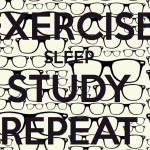
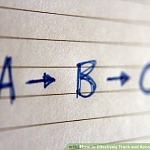






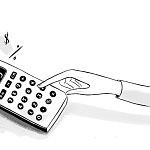










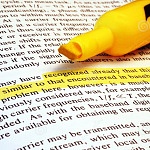


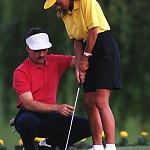





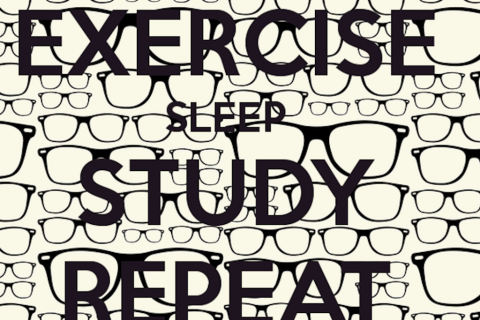
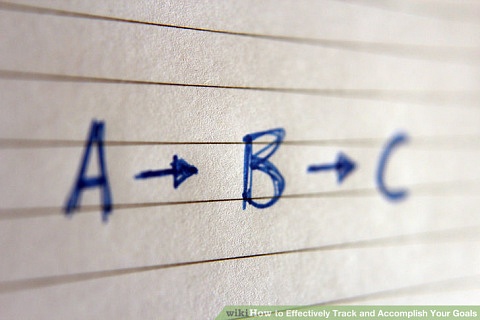
Leave a Reply
You must be logged in to post a comment.